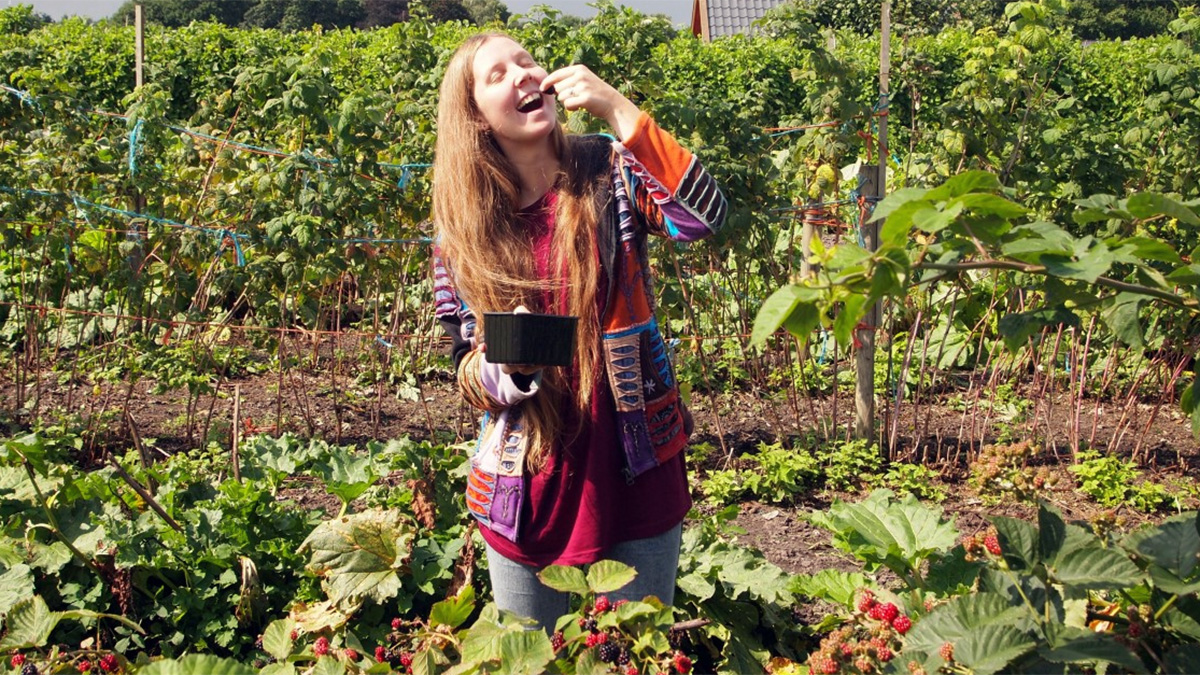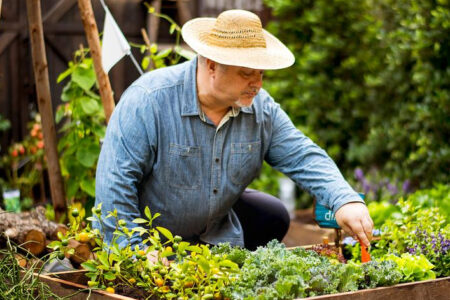Exploring the Health Benefits of Gardening for the Mind, Body, and Soul

Gardening offers more than just fresh flowers and homegrown produce. It can be a powerful tool for improving mental, physical, and emotional health. In this post, we’ll explore how tending a garden supports wellness from head to toe, and why even a small patch of green space can have a lasting impact.
How gardening nurtures the mind
Reduces stress and anxiety
Spending time in the garden can be a powerful way to unwind after a busy day. The simple, repetitive nature of gardening tasks like weeding, watering, or planting helps calm the nervous system. Research has shown that gardening can significantly reduce cortisol levels, a hormone linked to stress.
Improves focus and mental clarity
Gardening provides a break from digital distractions and invites full attention to the task at hand. Watching plants grow and change over time encourages patience and present-moment awareness. The mental engagement required to plan a garden, identify plant needs, and solve growing challenges can also sharpen focus.
Boosts mood and fights depression
Exposure to natural sunlight while gardening increases vitamin D levels, which supports serotonin production and helps improve mood. The act of caring for something living creates a sense of responsibility and emotional investment. Harvesting your own plants, even just a few herbs, can bring a deep feeling of joy and accomplishment.

The physical benefits of gardening
Low-impact exercise
Gardening involves a wide range of physical movement including bending, lifting, digging, and stretching. These actions engage muscles and joints, offering a gentle form of exercise that suits people of all fitness levels. Over time, regular gardening can improve flexibility, endurance, and strength.
Supports immune health
Getting your hands into the soil exposes you to a variety of natural microorganisms, some of which have been linked to improved immune function. One particular bacterium found in soil, mycobacterium vaccae, is believed to positively affect the immune system and even mood. Time spent outdoors also naturally boosts vitamin D, which plays a role in immune defense.
Encourages healthy eating habits
When you grow your own food, you’re more likely to eat it. A home garden can lead to increased consumption of fresh vegetables and herbs, often with fewer pesticides and more nutritional value. The process of tending edible plants also helps people feel more connected to the food they prepare and eat.

Gardening as nourishment for the soul
Connection to nature
Gardening creates an ongoing relationship with the natural world, helping people feel more grounded and aware of seasonal changes. Being outside, touching the earth, and observing wildlife offers a break from daily pressures and artificial environments. This connection supports emotional balance and resilience.
Sense of purpose and accomplishment
Even small gardening tasks can provide a strong sense of purpose. Watching a seed turn into a thriving plant offers a tangible reminder of growth, care, and progress. Many gardeners find comfort and pride in tending something that responds to their time and attention.
Community and sharing
Gardening often leads to natural opportunities for connection with others. Whether it’s chatting with neighbors about their plants or gifting extra produce, gardens foster a spirit of generosity. Community gardens, online groups, and local workshops are also great ways to build social bonds around a shared interest.
Tips for cultivating a healing garden
Start small to build confidence and enjoyment without becoming overwhelmed. A few pots of herbs or a raised bed can offer just as much joy as a large backyard garden. Choose plants that are meaningful to you, whether that’s through fragrance, flavor, or memory.
Design your space in a way that feels peaceful and inviting. Add personal touches like a comfortable chair, bird feeder, or a journal for reflecting on your garden’s progress. Most importantly, allow yourself to enjoy the process without pressure or perfection.
Conclusion
Whether you’re planting a few herbs on a windowsill or digging into a full backyard bed, gardening has the potential to nourish every part of your well-being. From reducing stress to improving strength and boosting mood, the benefits go far beyond the soil. If you’re looking for a simple way to feel better inside and out, the garden might be the perfect place to start.
